Climate Action RI is an action group focused specifically on the issue of climate change and what can be done on national, local, and individual levels. We are based in Rhode Island and are a local 350.org affiliate. New members are warmly welcome!
OUR MISSION
The increasing destabilization of Earth’s climate due to fossil-fuel combustion is a scientific fact and a threat to our collective well-being.
In light of this threat, our Organization’s mission is to change the way our society creates and uses energy, focusing on the elimination of fossil fuel extraction and use, and the way we work together in anticipation of climate change.
We do this work through vivid, nonviolent actions that stimulate public engagement; direct communication with stakeholders and legislators; and mutual support with other organizations whose missions overlap our own.
We are committed to climate and environmental justice across all sectors to foster a healthy and equitable society.
MISSION METHODS
Public, vivid, nonviolent actions to engage people in the state and region in this effort.
Since our formation in April 2017, we’ve organized a rally at the National Governors Association meeting on July 2017, calling for them to increase the focus on climate change. We’ve built and displayed an eleven-foot banner to illustrate the sea level rise that’s predicted for downtown Providence, RI by 2100.
We use the conversations generated in public by the banner to distribute information about local campaigns and individual actions to incentivize renewable energy, reduce fossil fuel use, and foster environmental justice.
Direct communication with stakeholders and legislators.
We work to support policies and decisions that favor renewable energy and a movement away from fossil fuels. We also support policies and decisions that protect land and people from the short- and long-term results of extracting, transporting, processing and burning fossil fuels.
Our members testify at city and town council meetings, the State House, and other public hearings, and submit public comments to such agencies as the Federal Energy Regulatory Commission, the Department of Environmental Management, the Coastal Resources Management Council, and more. On an ongoing basis, we write letters to government officials, state agencies, and news outlets to hold them accountable for moving our state and region away from fossil fuels and toward sustainable, equitable energy practices.
Mutual support with other organizations whose goals overlap ours.
We collaborate with other groups that work on climate and environmental justice issues. We convene representatives of these groups to facilitate working together and complementing each other’s efforts.
MISSION OUTCOMES
- Work towards a rapid transition to 100% renewable energy, including transportation, by 2035
- Adopt carbon pricing incentives and dividends to facilitate that transition
- Ban new fossil fuel infrastructure, including the power plant in Northern RI and the natural gas liquefaction facility in Providence
- Support climate research, energy innovation, land preservation, and green jobs for an environmentally, socially and economically sustainable future
- Instill climate and environmental justice across all sectors, for a healthier and more equal population.
MISSION PHILOSOPHY
We need all the help we can get and all the help we can give. We are still learning from those within our group and outside our group to develop organizing skills and experience. In addition, we want this group to be wide open to participation and collaboration. Ending our fossil fuel dependency, and replacing it with an economy and a society that’s not just sustainable but sustaining, requires participation from people in every situation and at every level of power and expertise.
Fossil fuels and environmental damage don’t belong in anyone’s backyard. We recognize the role of white supremacy—the history of white people having power over other groups—in creating and maintaining the systems that perpetuate climate change and environmental injustice. Inequality rooted in racist policy means that the effects of climate change, from interruptions in supply chains to proximity to flood zones, fall harder and faster on those who have been marginalized in other ways. We let our work be guided by activism, organization and expertise in communities who are fighting environmental and economic injustice.
People must be able to work and live without contributing to climate change. Right now, many people in our region depend on fossil-fuel-intensive industries in order to feed their families and stay in their homes. We seek a just transition for people doing this work. A just transition requires states and industries to plan and compensate for the adverse economic effects of climate protection: this includes training and education for new careers for those affected by phasing out fossil fuels, and social protections for people’s access to health, energy, water and sanitation. We want to live and thrive without exploitation of the environment or people in our state, our region and our country.
When profit is the priority, our economy and ecology die. The systems of finance, governance and power that we’ve been relying on are killing the systems of life that we rely on even more. Corporations are motivated to actions that raise their shareholders’ profits, even when those actions cause severe environmental damage. Too often, politicians represent the interests of a few of their constituents, rather than working for all of their constituents’ survival in the face of environmental, economic and social threats. Protecting “the environment”, ourselves, and each other means removing the threat that those systems pose: holding them accountable where possible, obstructing their efforts to exploit and control us, and building alternatives.
The challenge we face is one of life and death. People, species, and ecosystems have already died because of climate change and its effects. By instilling a sense of duty and action, we are trying to keep that death toll from rising exponentially, and to create a livable present as well as a livable future.
BYLAWS
CARI Revised Bylaws Approved by Voting Members of CARI 6-3-20
